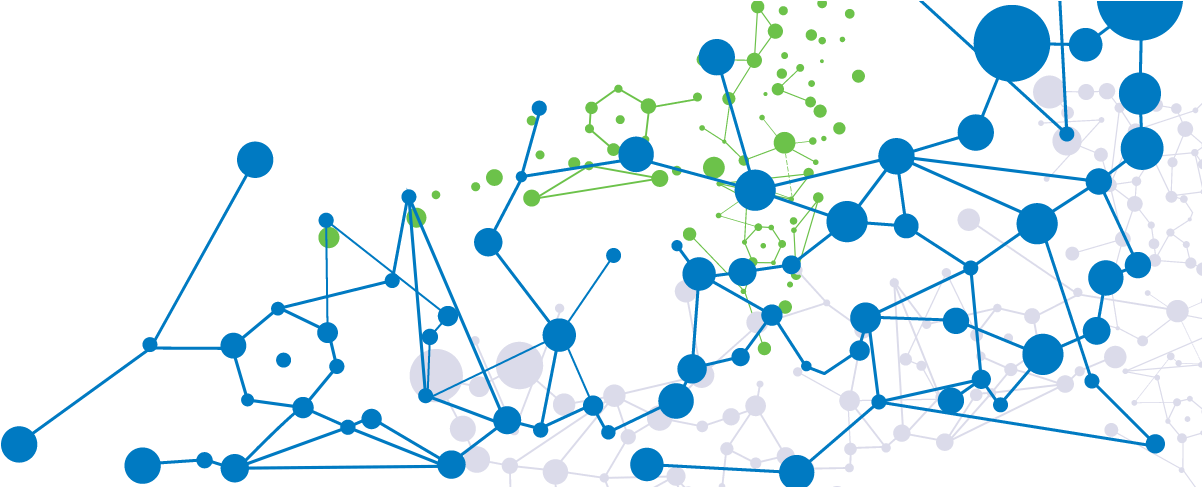Four DOST-funded DCS research projects starting in 2021

The DCS has always been a host to a number of funded research projects, and 2021 is no exception. Despite the ongoing pandemic, members of the DCS faculty managed to get 4 research projects funded and started in 2021. These projects concern areas as varied as education, healthcare, and transportation, and utilizes techniques and technologies ranging from scientific modelling and optimization to data analytics. In this article we will quickly run through the DCS' DOST-funded research project which started this year.
The first is actually a program "Immersive Technology Applications in Healthcare", headed by Professor Jaime Caro. It is funded by the Philippine Council for Health Research and Development (PCHRD), under the DOST. The program has two project components, "Developing Immersive Technology System (ImTS) for the Management of Patients with Dementia and Behavioral and Psychological Symptoms" and "Developing Immersive Gamification Technology System (ImGTS) for the Rehabilitation Management of Pediatric Patients with Cerebral Palsy and with Limitations in Mobility". Dr. Caro heads the second project, while Dr. Veedan Michelle Anlacan of the UP Manila College of Medicine heads the first.
The proposed Immersive Technology System (ImTS) will serve as a complementary strategy for implementing rehabilitation techniques for patients with Dementia and behavioral and psychological symptoms and patients with Cerebral Palsy and mobility limitations. ImTS will manage the creation, customization, and fruition of multimedia interactive simulation of the world in a virtual environment (VE), that is meant to optimize the power of a technology that augments human capability. Such technology supplies a more flexible environment than the real world, thus giving users a new experience with minimized risk of real danger or physical harm. Through the interactive visual content/game applications which the system will offer, the patients will be assisted to recall memories, encourage physical activity, improve social interaction, enhance their emotional well-being, and perform activities of daily living, thereby improving their quality of life.
The second project, "Handum: The Design, Implementation, and Analysis of a Digital/Mobile Game-based Learning Tool for Primary and Secondary Education" is headed by Asst. Prof. Mario Carreon and is funded by the Philippine Council for Industry, Energy and Emerging Technology Research and Development (PCIEERD), also under DOST.
Handum aims to leverage these advantages of mobile phone learning by creating a game-based learning tool that will supplement the discussion of the standardized DepEd Prevention and Control of Diseases and Disorders domain at the Grade 4 and 8 levels. A learning platform that is compatible with DepEd curriculum standards can be easily integrated into the class discussion. Finally, Handum itself can be developed in such a way to allow for easy expansion to additional learning content for a much smaller development cost.
The remaining two projects involve the transportation sector, and like HANDUM, are funded by DOST PCIEERD.
Asst. Prof. Justine Villar heads "Port Capacity Analysis and Route Optimization for Local Maritime Administration (PAROLA)", which is a DOST-PCIEERD project that focuses on port berthing capacity estimation and ship trip scheduling for the optimization of maritime network and management systems. It aims to develop modules that target the limitations and concerns forwarded by the collaborating agencies and various stakeholders with regard to the current condition of the Philippine maritime transportation system. The resulting output will be utilized by the respective maritime administration and regulatory agencies in the country as an additional analytical tool in addressing the congestion and inefficiency problems in the network.
The fourth project, "Progressive Advancement of Transportation networks through the Integration of vehicular Onboard Technologies with online platforms", or ARANGKADATA, is headed by Assoc. Prof. Wilson Tan. ARANGKADATA aims to maximize the value generated by required onboard technologies in modern Public Utility Vehicles (PUVs) (namely GPS receivers, automated fare collection systems, dashboard cameras, closed circuit televisions, and free WiFi) for the benefit of commuters, operators and regulators alike. The goal will primarily be achieved through the creation of data processing tools and techniques, as well as the creation of platforms for data sharing and interoperability.